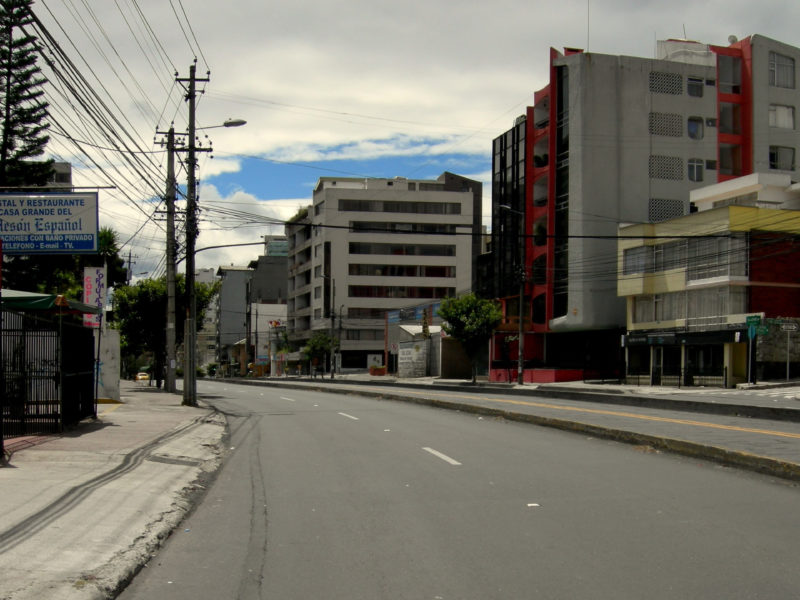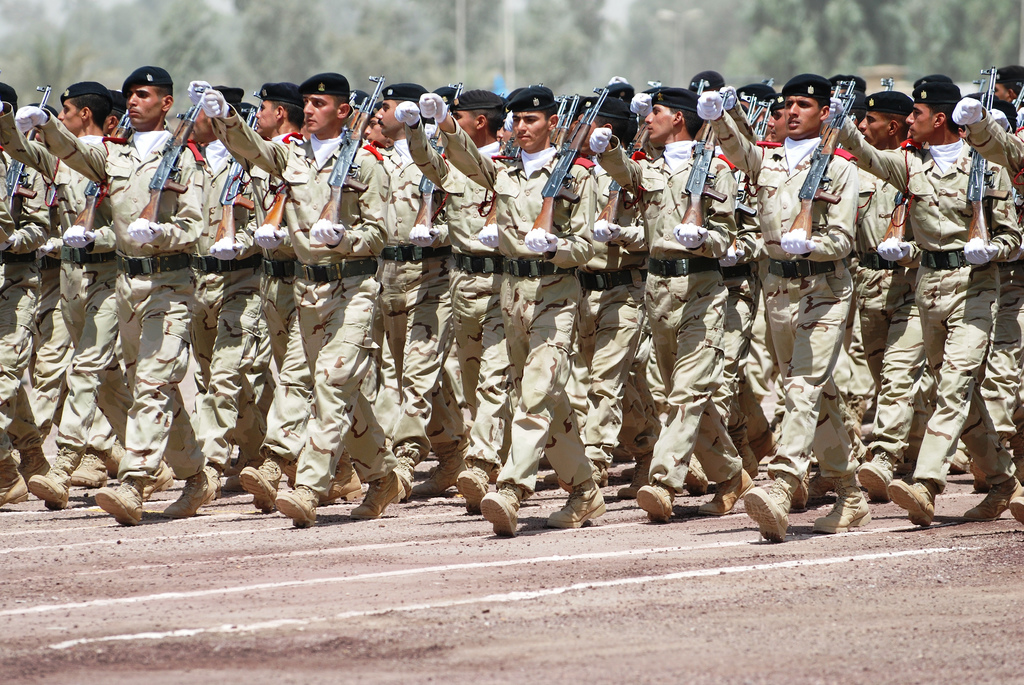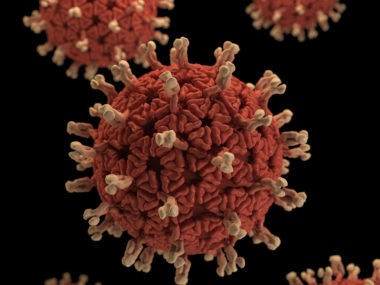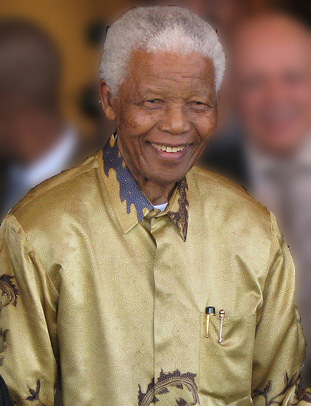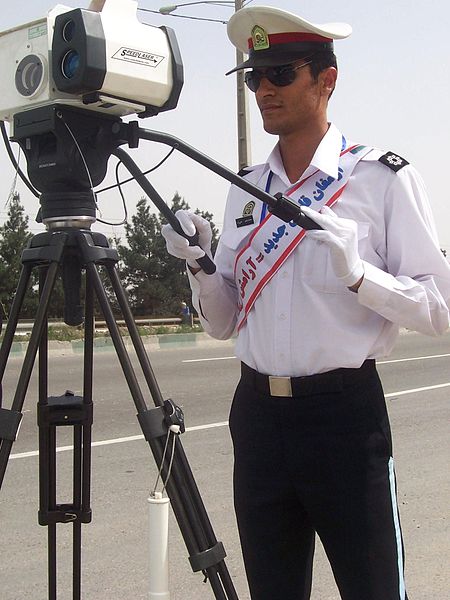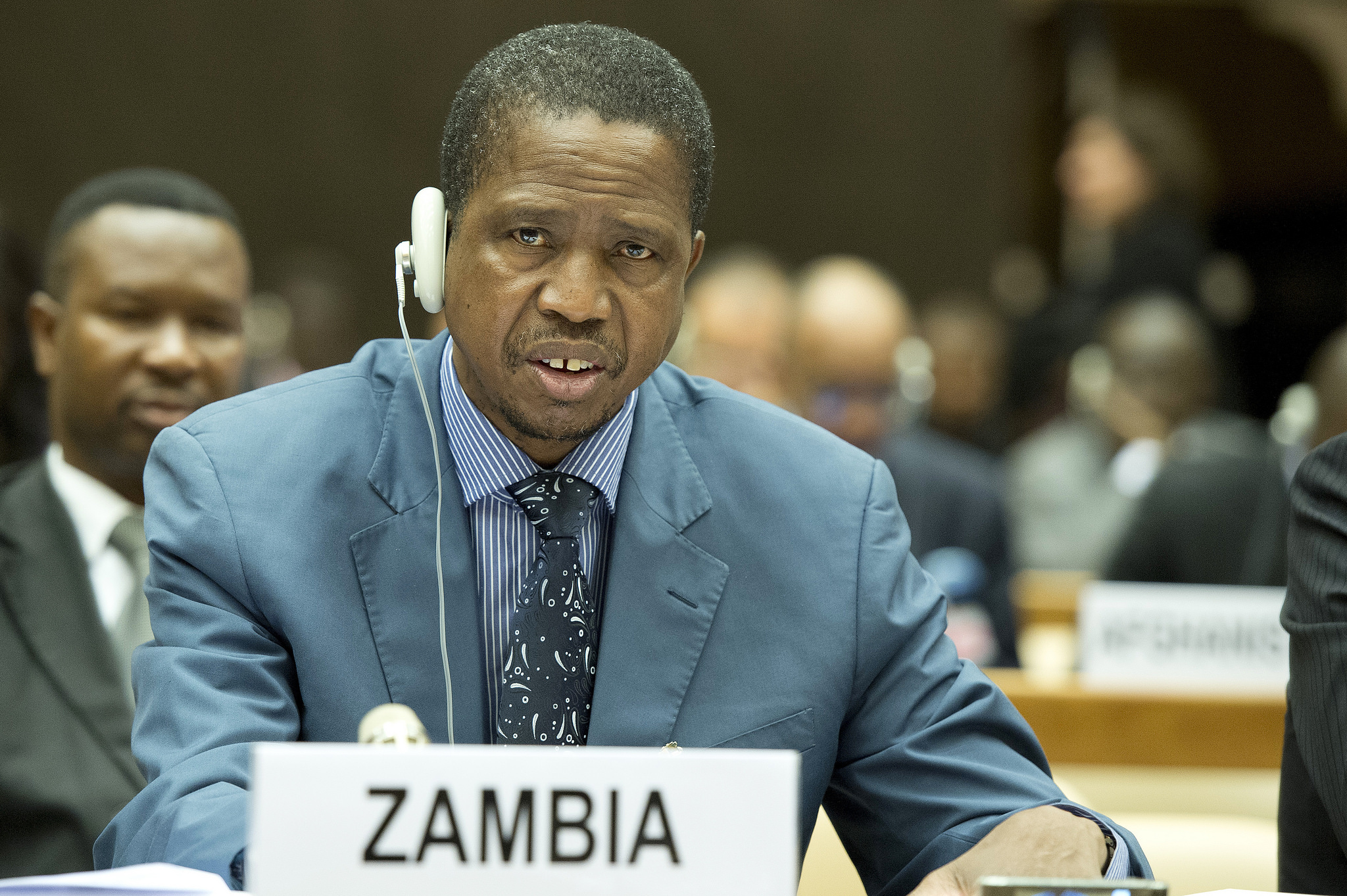By Juan Tellez
Much has been written lately about the potential for COVID-19 to instigate or exacerbate political conflict around the world. Worries about violence typically focus on the strain the pandemic puts on everyday life: heightened stigma and racism against communities “associated” with the virus, communities pushed (further) into poverty by illness, or job loss resulting from quarantine measures, and an increasingly visible (and armed) resistance to state efforts to slow the spread of the virus.
Yet an interesting dimension to the COVID-19-violence nexus, which has received much less coverage, is the way in which a pandemic can “shrink” the reach of the state and its ability to provide security, or at least some semblance of order, in peripheral areas. The link between weak state capacity and violence is well-trodden in the academic literature: spaces where the state is weak or absent present opportunities for contestation and rapacity by violent actors, though these relationships may well depend on what kind of state capacity we consider. Scholars have argued that this process can also operate in reverse, where the presence of armed groups itself shapes the very institutions of the state.
All in all, however, as countries dedicate an increasing proportion of their resources to containing the pandemic and addressing the economic fallout of quarantine, the state is growing increasingly absent in many parts of the world. A recent and unusual pirate raid of a container ship entering the port of Guayaquil in Ecuador—a country hit hard by the pandemic—might reflect a weakened ability in the region to protect maritime trade. Police, too, have been repurposed away from fighting crime in some parts of the world and toward COVID-19-related activities, potentially undermining long-term criminal investigations. It is also possible that social distancing measures themselves may undermine state capacity: in Colombia, many have expressed concern that, as special protection personnel have been asked to follow social distancing measures and stay home, there are growing instances of violence against social leaders and activists in rural areas.
Less state presence may not necessarily translate to more violence. Nature abhors a vacuum, and if the state is unable to provide services or protection to its citizens, other entities seeking to establish legitimacy may move in to fill the void. We’ve seen gangs in Rio’s favelas impose curfew and social distancing measures on residents, and in Afghanistan, the Taliban have offered ceasefires in afflicted areas under its control. Similarly, In South Africa, gangs have brokered temporary truces as a result of the pandemic. Yet in many other places, weakening state power seems to be conducive to violence.
We will have to see what impact the weakening of state capacity will have on security and violence once the pandemic ends. Reduced state capacity will continue in the “post-pandemic” world, as states turn to dealing with the economic fallout. Increasing poverty, disparities in economic outcomes, and a growing sense that the state cannot fully address these problems may contribute to political unrest. It is not clear, either, how stable the order that non-state actors can provide will ultimately be. When the time comes, and the pandemic recedes, state may move to retake these spaces by force.

